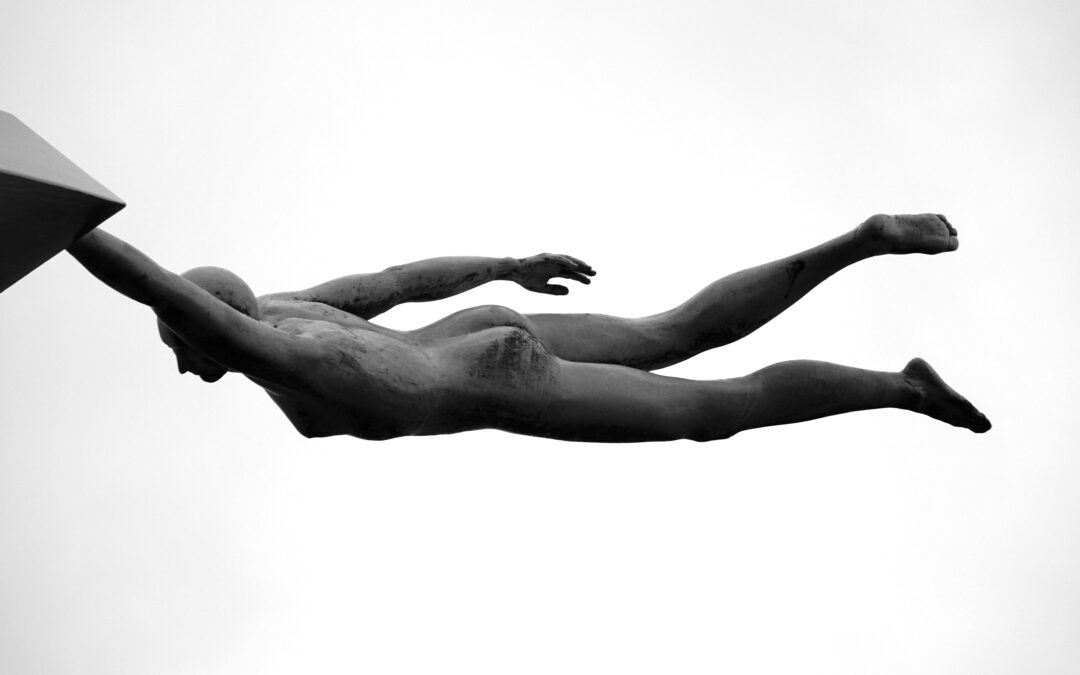The subconscious does not differentiate between the real, the imaginary and the symbolic; archetypes can help us evolve and mature, through an internal journey and then through an external act. This can act as a substitute for rites of passage, allowing us to become more adult. The process is unique to each of us, but is accomplished in 3 steps:
1) Psychological phase: knowledge of archetypes, its maturity characteristics and its dysfunctional immature polarities. Through sincere psychological introspection work regarding our recurring behavioral and emotional patterns, recognize our shortcomings and our immaturities. Archetypes, the foundation of our psyche, can help us make conscious what is not yet conscious. Where am I in the archetype? What aspects of myself need to evolve? Where are my major immaturities hiding? How is my infantilism expressed? What is my need? What is the specific archetype energy I need?
2) Meditative phase: to connect to the deep and instinctive archetypal energies that I need to elevate myself. The resonance between the being and the higher aspect of the archetype strengthens the connection. Recognizing my immaturity creates the gap and the path for the energy of the archetype to inspire me. Meditating on what is beyond us allows us to elevate ourselves. Active imagination using all the senses helps to attune to the right frequency. How can I manifest the aspect of the archetype corresponding to my lack? How to aspire to achievement? There are also other methods of connecting to the archetypes, so it’s up to each individual to find the one that suits them best.
3) Expressive phase: to embody in matter, through the body, the aspect of the archetype on which one has meditated; to personalize by our will the universal and impersonal archetypal aspect, to link ourselves to the aspect of the archetype. This involves a small symbolic act carried out in full consciousness. A simple act, done with the heart, without identification; allowing a new conscious germ to be laid. This is the most difficult part of the process, because it must be both precise and unique to each person; at the intersection of our immaturity and its overcoming.

